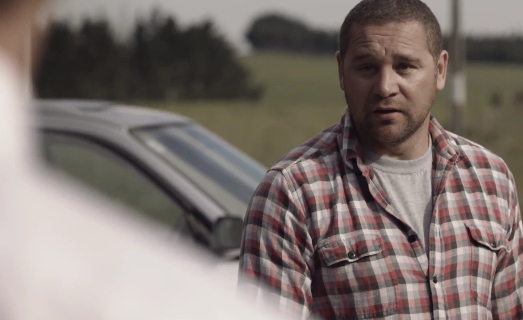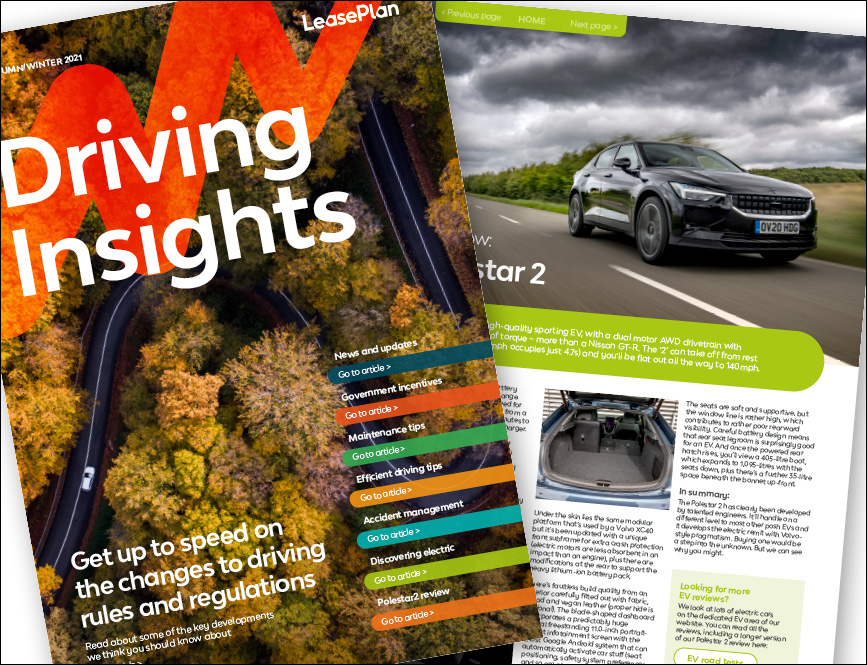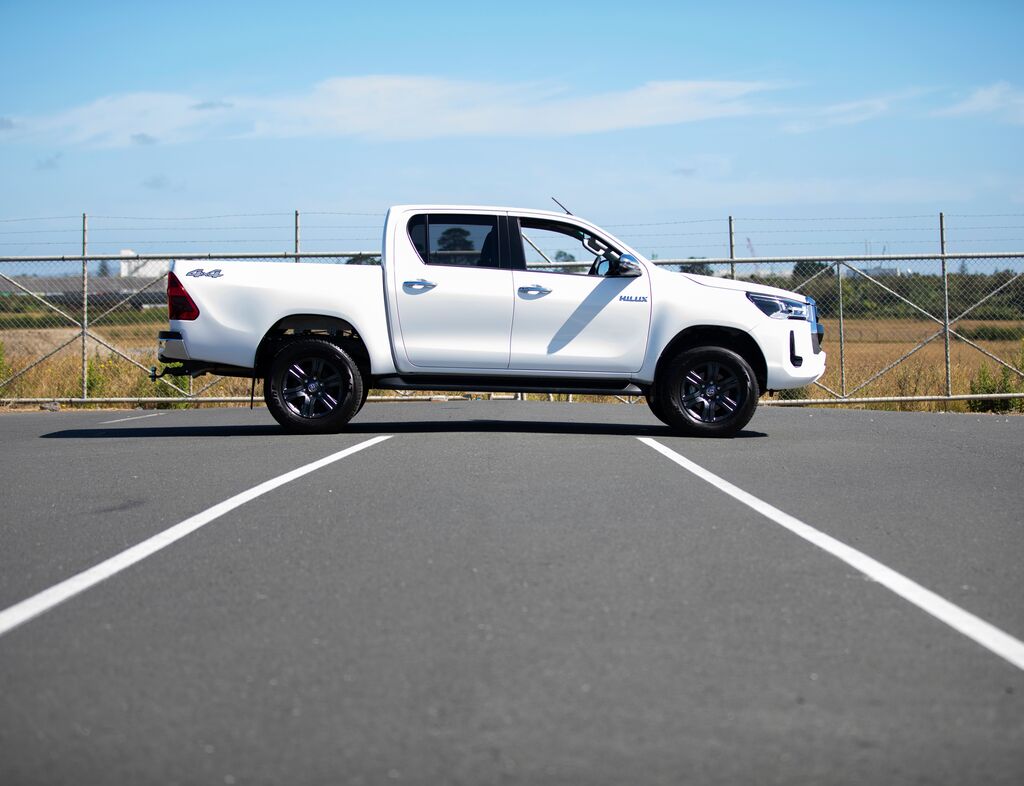They know how to make road safety ad’s in New Zealand. First they produced this series of cautionary, but essentially light-hearted warnings about the dangers of driving after smoking dope.
The verbatim account of shopkeepers presented with customers with the munchies is particularly funny, until you realise these people are about to get into a ton of metal and potentially drive it at speeds of up to 80 mph.
But the country’s latest advert shifts gear entirely, and is quite awkwardly moving. It involves a sober, responsible driver, with his young son in the back of the vehicle, pulling out at a T-junction, having misread the speed of an oncoming car.
The film then stops time, and allows each driver to discuss the rights and wrongs of the collision, and how it might have been avoided, before returning to real time, and allowing the crash to take its course.
The remarkable thing about it, in some ways, is that it acknowledges the possibility of accident – now a dirty word in road safety campaigning, where all incidents must be “crashes” or “collisions”, and that someone must always be to blame.
Even so, the point of the film, of course, is to emphasise that this particular collision was avoidable and that, therefore, someone is always to blame. But the force of this ad is that, in the scenario depicted, both drivers are at fault.
One has made a silly, but honest, mistake by pulling out without seeing a vehicle approaching; the other, thinking he’s on a clear straight road, is going too fast to stop the crash which has now become inevitable.
The tagline printed at the end of the advertisement “Other people make mistakes”, eloquently makes the point that averting tragedy is not just about being technically in the right, but about driving in a way that anticipates the behaviour of others. We’ve all been guilty of a moment’s inattention, a slightly reckless lane change, a bid to beat the lights; those judgments, this ad reminds us, could cost lives.
One of the reasons that the ad works so well is that it mirrors the experience of anyone who has been involved in a collision. The cliché that time seems to slow, and that the details of an accident are very clear to those involved after the event, are well documented in scientific literature (though whether it is a function of memory after traumatic events, or a speeding-up of perception in moments of stress is still hotly disputed amongst neuroscientists).
Either way, you tend to wish everything could have been different – which is exactly what the advertisement wants drivers to think about.




